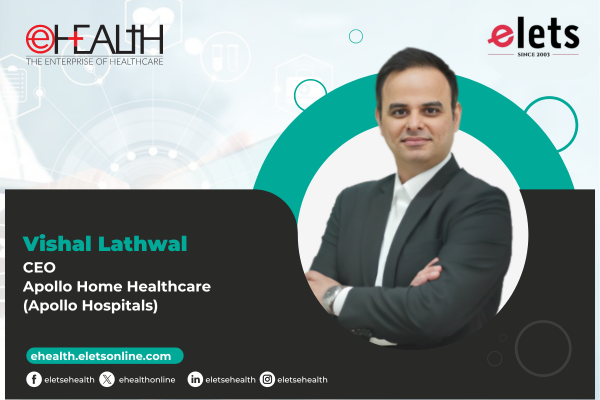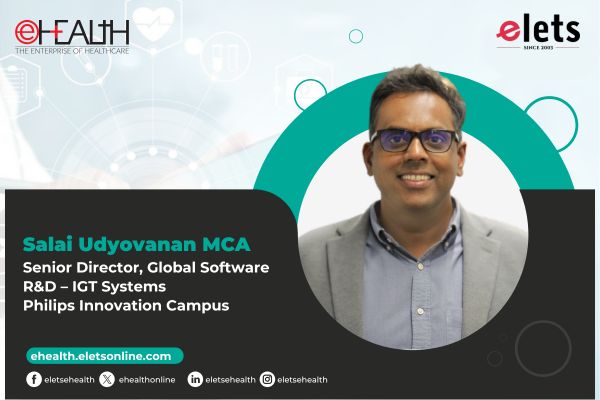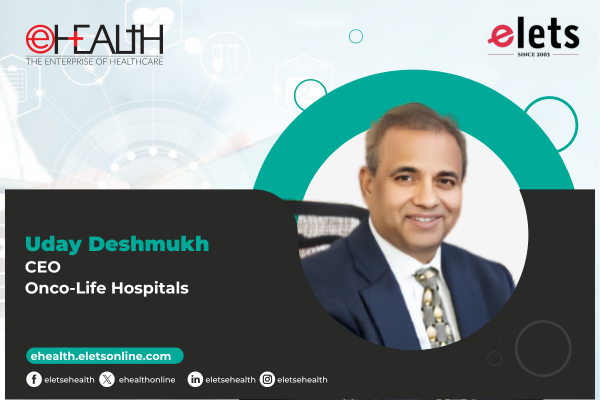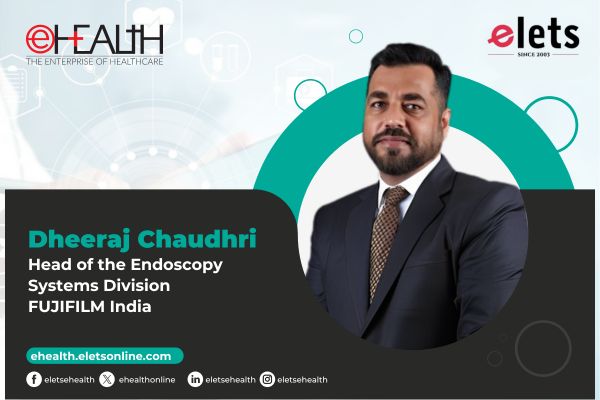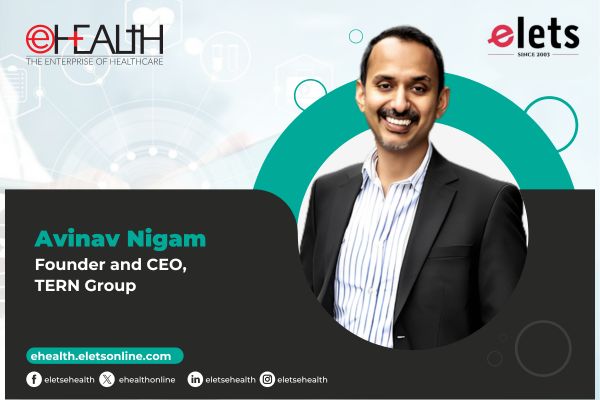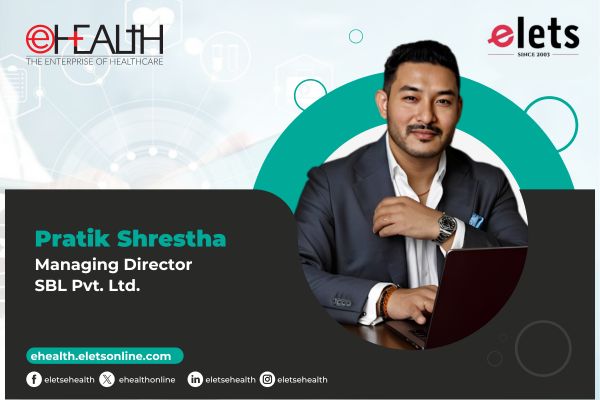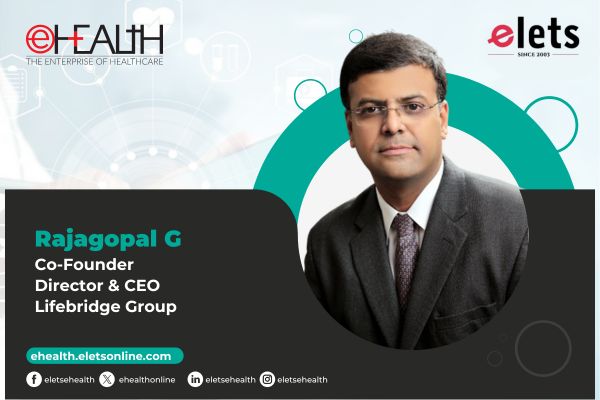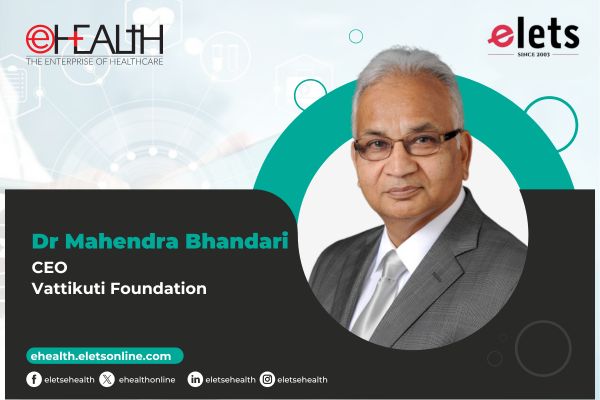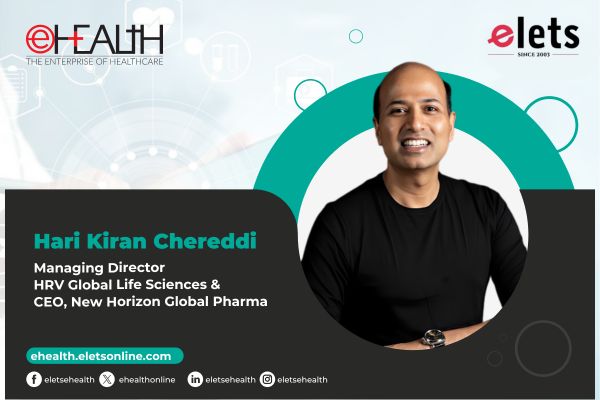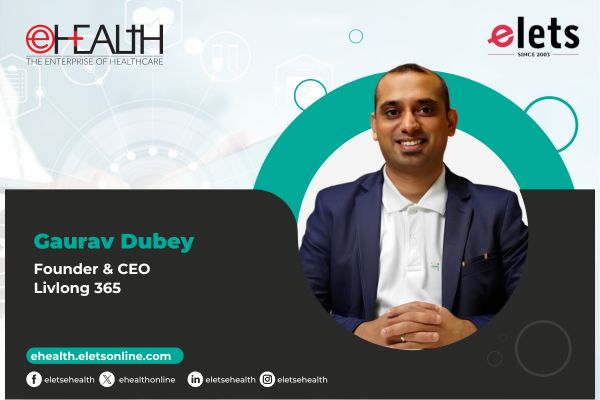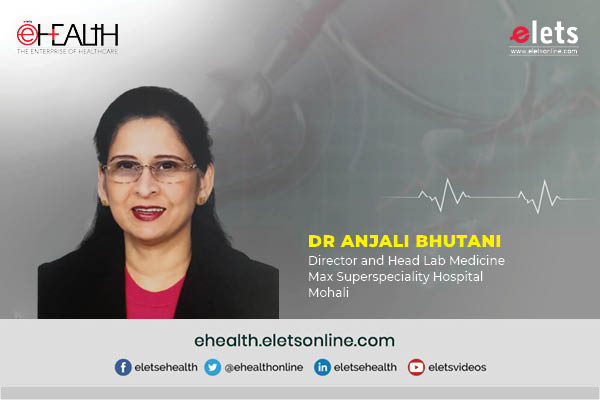
AI has huge potential in delivering precision medicine by helping doctors diagnose conditions earlier and quicker, going through vast amounts of medical data shares, Dr Anjali Bhutani, Director and Head, Lab Medicine, Max Superspeciality Hospital, Mohali with Kaanchi Chawla of Elets News Network (ENN). Edited excerpts:
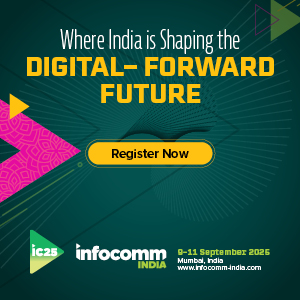
What according to you could be the growing potential of AI-based tools for healthcare delivery?

AI can be used at every step of healthcare because it can do what humans do more effectively and quickly. Specifically, AI can be used to make sure people stay well doing their day-to-day activities; data from smart watches and mobile apps can be analysed to detect changes in patterns which may be early signs of diseases like heart-related. AI has huge potential in delivering precision medicine by helping doctors diagnose conditions earlier and quicker going through vast amounts of medical data. I see a future where most pathology images would be examined by AI.

The growing digital footprint and technology trends have enhanced healthcare systems, but there still lies the need for human manpower. Where are the gaps in curating healthcare data?

The biggest gap is making sure that diagnostic and prescription data fed into AI systems is of high quality. Humans are in the loop for data entry, data standardisation and data cleanup. Healthcare data tends to be incomplete, and difficult to translate into meaningful items. I think there is an opportunity to pull data from third party sources that people are interacting with to enrich and improve the quality of data upstream.

As technological advancements continue on a rapid basis, healthcare providers move towards more digital care options to enhance their treatment and patient experience. Your thoughts.
Healthcare professionals can use digital devices to monitor a patient’s well-being, gather data, diagnose and provide treatment remotely. Telemedicine can enhance patient experience because you no longer have to drive 30 mins to go to a hospital to see the doctor because you can do it from the convenience of your home. It enables patients to connect with specialists across the globe and get expert opinions. Furthermore, there has been a growth in publicly accessible online services which rely on databases and symptom matching to inform users of possible medical conditions given a list of symptoms. This particular AI advancement in healthcare can speed up medical diagnosis and allow patients to seek help in a timely manner.
AI-enabled robots can be a big boon in healthcare. How do you think it is helping doctors in their day-to-day life?
Robots have truly revolutionized healthcare in the last 20 years. These days, robots are used for simple repetitive tasks in the labs to complex surgeries that affect your heart, bladder, and digestive system. Robots can either perform the task completely independently or aid a human; for example, aid a lab technician to find the good vein to draw blood. The biggest benefit is that surgeons can now perform minimally invasive and highly precise surgeries that result in fewer complications, less pain and blood loss, a shorter hospital stay, and quicker recovery. In addition, robots can assist patients with long term conditions and provide physical therapy.
What more can be done to enhance healthcare innovations in India? I think there’s a lot that we need to do for healthcare in India?
We need to expand the reach of healthcare to remote places and reduce costs through AI and technology to provide quality healthcare for all. Spreading awareness about the social benefits of healthcare innovations can go a long way in getting more people into healthcare and building more facilities to support the growing demand in India.
Where do you see healthcare five years down the line?
Technology like AI and Robots will be an integral part of the healthcare ecosystem in five years. We would be relying even more on AI to make sure people stay well, help doctors detect diseases early and diagnose conditions faster, figure out treatment options, provide endof life care, and help with research. I also think we will have more structured medical information for every patient and a network of medical professionals, both of which combined would result in speedy patient care.
Be a part of Elets Collaborative Initiatives. Join Us for Upcoming Events and explore business opportunities. Like us on Facebook , connect with us on LinkedIn and follow us on Twitter , Instagram.
"Exciting news! Elets technomedia is now on WhatsApp Channels Subscribe today by clicking the link and stay updated with the latest insights!" Click here!






